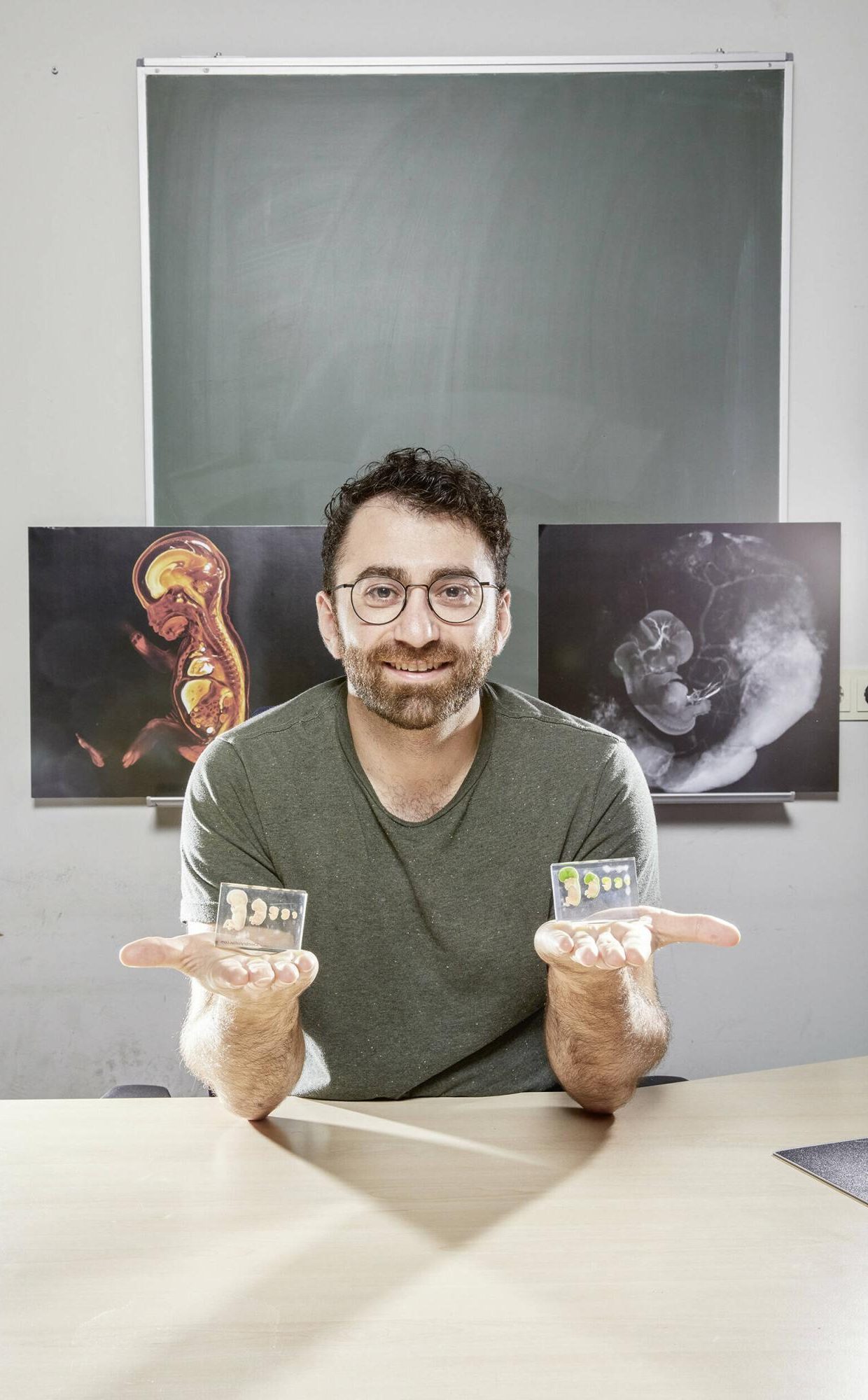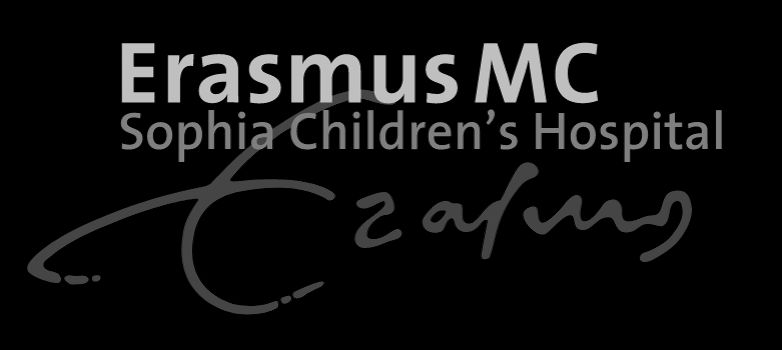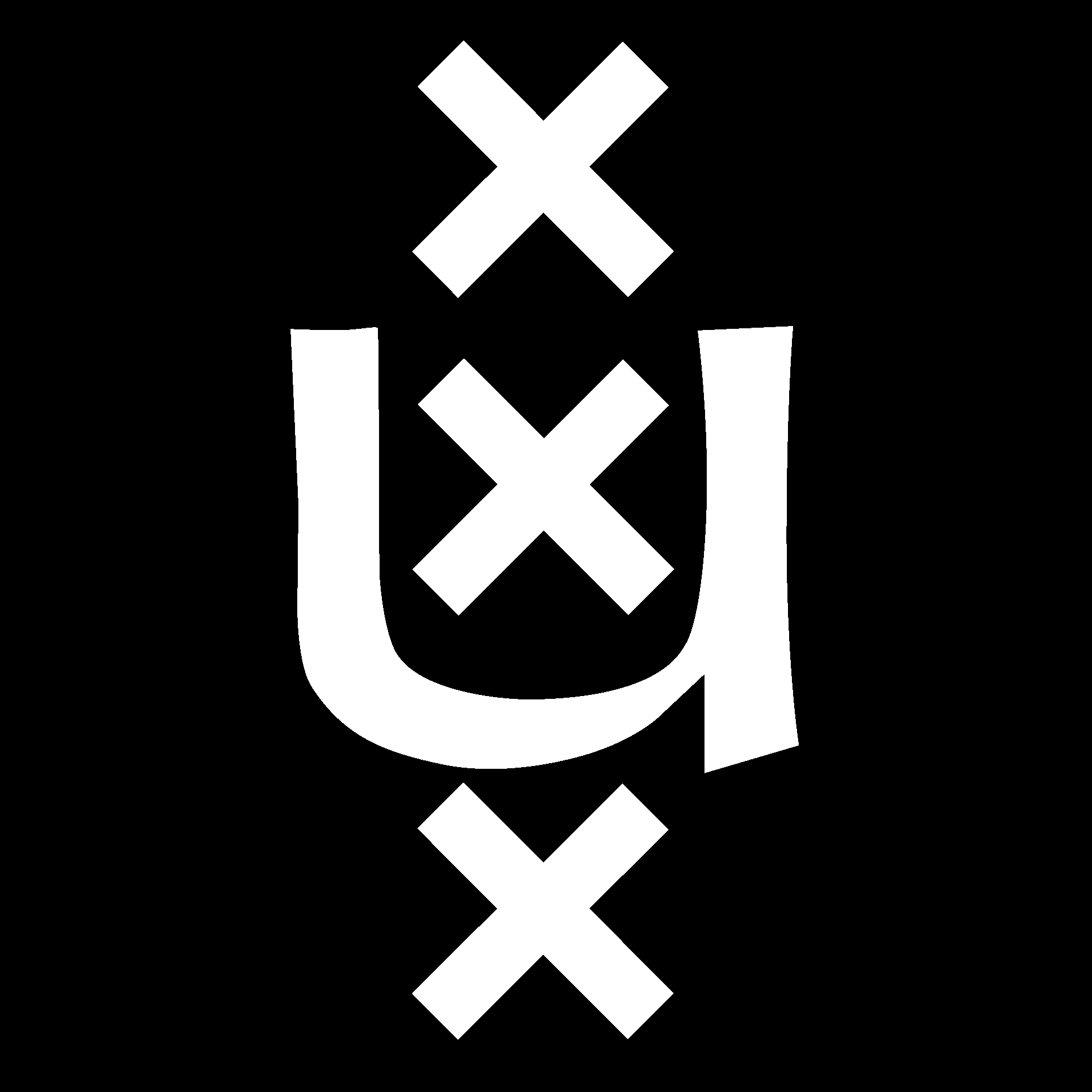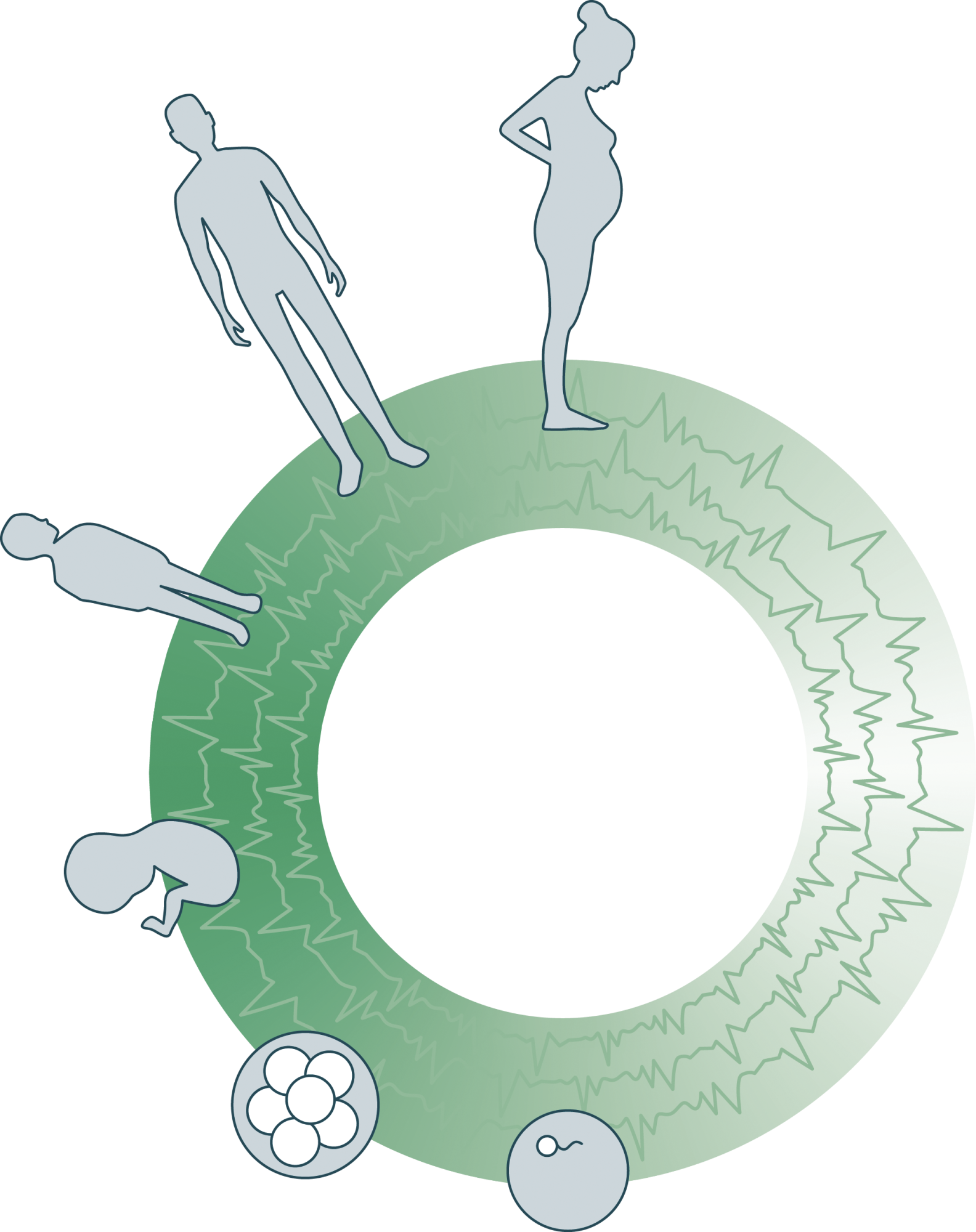Interview with Yousif Dawood in JANUS magazine
26-09-2023
An interview with our brilliant PhD student Yousif Dawood has been published in JANUS, one of the magazines by Amsterdam UMC.
Below a translated version of the interview:
Original interview by: Lara Geeurickx (in Dutch) • Picture credits: Mark Horn
“It will surprise you what we still do not know about the development of a fetus,” says Yousif Dawood, a PhD candidate in Medical Biology and Obstetrics & Gynecology. It fascinates him: “That it is so small and yet it all works. From a clinical perspective, I see: it is logically structured. But it remains extraordinary.”
Capturing the early development in the smallest details is now possible with micro-CT. “The technique is not new, but our application for human tissue is. The contrast agent that was used caused distortion in the images, so we had to improve that.” This allowed an embryo to be captured in extremely high resolution in 3 dimensions for the first time. The images made waves worldwide. Following the ‘3D Embryo Atlas‘ by his colleague Bernadette de Bakker – models of embryos up to 10 weeks of pregnancy where the organs are visible in detail – Dawood is now working on 3D imaging of fetal anatomy from 10 to 24 weeks of pregnancy, for use in clinics, science, and education.
Dawood realizes it is a vulnerable area, “but so valuable if we understand better why things sometimes go wrong through this.” He sees the same motivation in parents who choose to donate their child to science after pregnancy termination. This option has been legally available since 2000. Now there is also an infrastructure that makes this possible: the Dutch Fetal Biobank, founded by Dawood and De Bakker, along with Maurice van den Hoff, Raoul Hennekam, and Eva Pajkrt. “A process of years with clear protocols and meticulous ethical frameworks.” Dawood has carefully described this unique setup, and the initiators actively advocate for as much collaboration as possible with other research institutes, nationally and internationally.
“Within Amsterdam UMC, many disciplines have come together for our research: from medical biologists and radiologists, gynecologists and pediatricians, to psychologists and social workers. That gives me a lot of satisfaction. And within our research group, no idea is dismissed.” Those are the ingredients for innovation, according to Dawood, and innovation is what drives him. “As a child, I wanted to become an inventor. To create something that helps other people.”
The Cold Spring Harbor Asia (CSHA) Meeting on Human Development
Read moreAUF Impact Award for citizen science
We are excited to share that we have been awarded the Impact Award from the Amsterdam University Fun…
Read moreDaphne Naessens receives two grants for research on brain cleansing
Daphne Naessens receives two grants for research on brain cleansing We are pleased to announce that…
Read more






